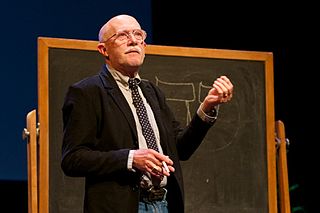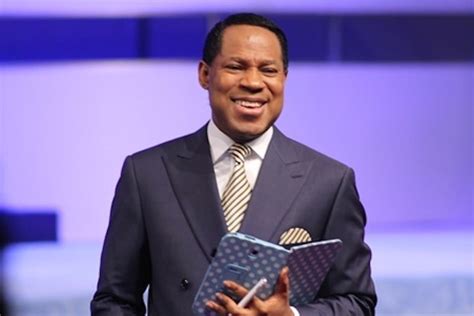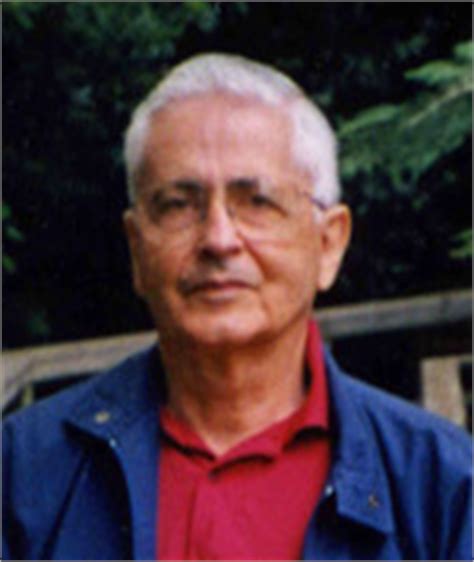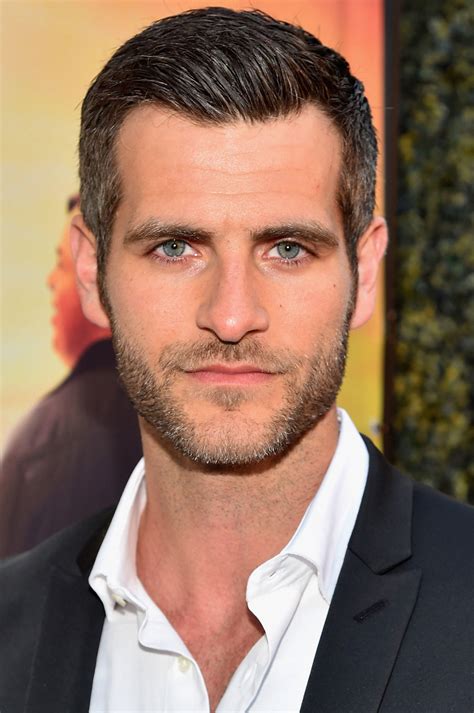A Quote by Elisabeth Elliot
To those of us who are not theologians, does it matter whether a thing is ordained or merely allowed? Are events that seem out of control caused by God? Or does He allow them to occur at the hands of human beings? You can spend a lot of time pondering that one and end up pretty much where you started. In either case, the purpose remains the same - our sanctification. God is in the business of making us walking, breathing examples of the invisible reality of the presence of Christ in us.
Quote Topics
Allow
Allowed
Beings
Breathing
Business
Case
Caused
Christ
Control
Does
Does It Matter
Either
End
Events
Examples
God
Hands
Human
Human Being
Human Beings
Invisible
Lot
Making
Matter
Merely
Much
Occur
Ordained
Our
Out
Pondering
Presence
Pretty
Purpose
Reality
Remains
Same
Sanctification
Seem
Spend
Started
Them
Theologians
Thing
Those
Time
Up
Us
Walking
Whether
Related Quotes
Does God have a reason for wanting us to be charitable, to take care of those who can't take care of themselves? Either God does or God doesn't, it's just logic. If God has a reason then there is a reason independent of God and whatever God's reason is we should figure it out for ourselves. There is a reason and God doesn't really ground morality at all. God wants us to give charity because it's the right thing to do.
I've heard it said that grace is God reaching God's hands into the world. And the Bible tells us that we are part of the body of Christ, that if we let the Spirit move through us, we can become the hands of Christ on earth. Hands that heal, bless, unite, and love. I'd like to think God's hands are a bit like Grace's man hands—gentle but big, busy, and tough. God's hands are those of a creator—an artist who molded and shaped the universe out of a void, who hewed matter from nothingness.
When God does a miracle somehow you have to respond. When God does things for you - maybe we don't deserve them and we can never really repay God but God really wants us to respond to them. He doesn't want us to stay the same. So, for us to respond to what God has done in our lives is probably the same way he would want anyone to do - "Just tell people what I've done for you and what you've seen and heard." That's what we're doing.
This is the first thing the Holy Spirit does in your life. He brings you God's presence, and when He does, you will no longer be in the dark. The Holy Spirit has a beautiful identity. He is called 'The Angel of God's presence.' He is the One Who brings us the presence of God and makes it real to us.
God never gives up on us no matter how hard we try to get ourselves loose. God does not let go. That doesn't mean he controls everything we do. It doesn't mean he puts a bridle on us and leads us by the nose. He gives each one of us free will and common sense and a spirit that can communicate with his. When we go through afflictions, he allows us to choose our response. But no matter what our response may be, he sticks around to the bitter end.
God does not always call us to go back physically to a place we have been. But if for example we have a difficult time submitting to a boss with a certain personality God may call us to continue working with someone who has the same personality until we master the situation in a godly way. God does not want us to be on the run He wants us to confront our fears and frustrations in order to find peace in Him.
God's love has a width, length, height, and depth, but we will never reach the end of it. Our capacity to experience God's love will be exhausted long before God's capacity to give it is strained. The picture of having Christ dwell inside us by faith presents us with compelling and comforting possibilities. What Christ does in us and through us will always be 'exceedingly abundantly above all we ask or think.'
But compassion is a deeper thing that waits beyond the tension of choosing sides. Compassion, in practice, does not require us to give up the truth of what we feel or the truth of our reality. Nor does it allow us to minimize the humanity of those who hurt us. Rather, we are asked to know ourselves enough that we can stay open to the truth of others, even when their truth or their inability to live up to their truth has hurt us.
Jesus came among us to show and teach the life for which we were made. He came very gently, opened access to the governance of God with him, and set afoot a conspiracy of freedom in truth among human beings. Having overcome death he remains among us. By relying on his word and presence we are enabled to reintegrate the little realm that makes up our life in the infinite rule of God. And that is the eternal kind of life. Caught up in his active rule, our deeds become an element in God’s eternal history. They are what God and we do together, making us part of his life and him a part of ours.
It is not in our life that God's help and presence must still be proved, but rather God's presence and help have been demonstrated for us in the life of Jesus Christ. It is in fact more important for us to know what God did to Israel, to his Son Jesus Christ, than to seek what God intends for us today.
There are two gods. The god our teachers teach us about, and the God who teaches us. The god about whom people usually talk, and the God who talks to us. The god we learn to fear, and the God who speaks to us of mercy. The god who is somewhere up on high, and the God who is here in our daily lives. The god who demands punishment, and the God who forgives us our trespasses. The god who threatens us with the torments of Hell, and the God who shows us the true path.
There are two gods. A god who casts us off because of our sins, and a God who calls to us with His love.
The gospel is saying that, what man cannot do in order to be accepted with God, this God Himself has done for us in the person of Jesus Christ. To be acceptable to God we must present to God a life of perfect and unceasing obedience to his will. The gospel declares that Jesus has done this for us. For God to be righteous he must deal with our sin. This also he has done for us in Jesus. The holy law of God was lived out perfectly for us by Christ, and its penalty was paid perfectly for us by Christ. The living and dying of Christ for us, and this alone is the basis of our acceptance with God
The whole thing in general started by us wanting to impact the Kingdom and bringing as much glory to God as possible. That's still our overall purpose, but God's given us to passions. That's to impact the non-believer and let them know through our actions and through our music and through our shows that there is hope, there is meaning, there is purpose in this life.


































